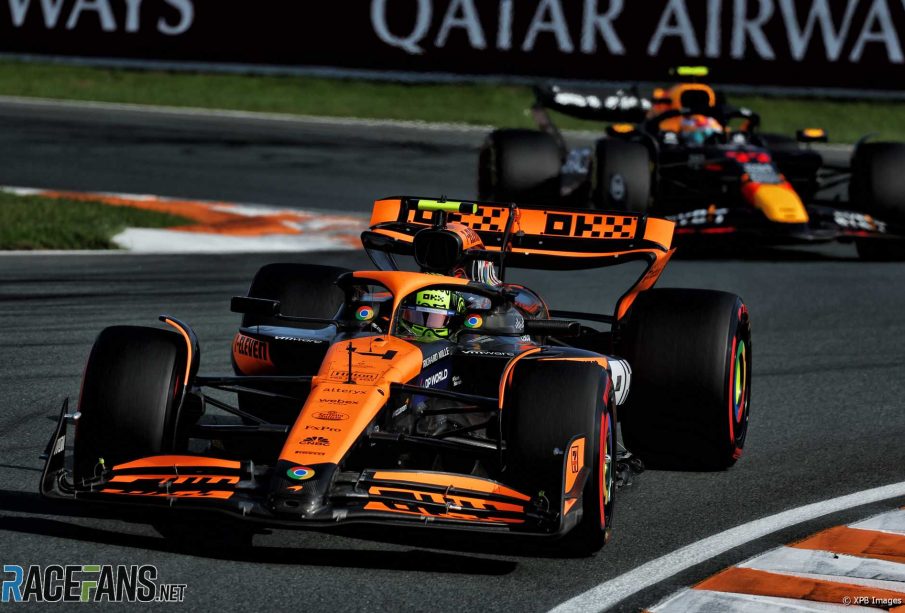Understanding F1 Race Time: Schedules and Impacts

Introduction
The Formula 1 (F1) racing calendar is a significant highlight in the world of motorsport. Every year, millions of fans globally eagerly anticipate the commencement of the season, which showcases a series of high-octane races in various countries. Understanding the F1 race time is crucial for avid followers and casual viewers alike, as it affects viewing schedules, travel plans, and fan engagement around the Grand Prix events.
Key Dates and Times for the 2023 Season
The 2023 F1 calendar has been set with 23 races taking place across Europe, Asia, and the Americas. The opening race began on March 5, 2023, in Bahrain, while the season finale is scheduled for November 26, 2023, in Abu Dhabi. Races typically occur on Sundays, precisely timed to broadcast at prime viewing hours, usually starting around 2:00 PM local time. In recent months, significant races in Azerbaijan, Monaco, and Italy have attracted large audiences, highlighting the importance of adhering to race times for both fans and broadcasters.
Schedule Variations and Local Time Adjustments
F1 race times vary by location due to time zone differences. Fans must adjust to local timings when viewing the races. For example, the British Grand Prix is set at 3 PM BST, while other races, like the Australian GP, usually start at 3 PM AEDT. As a result, channels often provide a comprehensive F1 timetable detailing times in various regions to ensure fans don’t miss their favourite races.
The Importance of F1 Race Time for Teams
F1 race time is also significant for the teams and drivers. Strategic planning around race start times can impact performance, pit stop strategies, and overall race tactics. Each second counts in this highly competitive environment, where thorough preparation hinges on precise timing. Teams analyse previous races, adjusting their strategies based on the unique conditions presented by the scheduled time.
Conclusion: The Future of F1 Race Timing
<pAs the Formula 1 season progresses, advancements in technology and data analytics continue to reshape how teams prepare for races. The emphasis on precise race timing is expected to grow, influencing every aspect of F1—from broadcasting to the strategies drivers employ during competitive events. Keeping up with F1 race times is essential for fans who wish to engage with the sport and understand the intricacies of race day. With the increasing global viewership, accurately syncing local times will play a pivotal role in the success of the sport moving forward.








